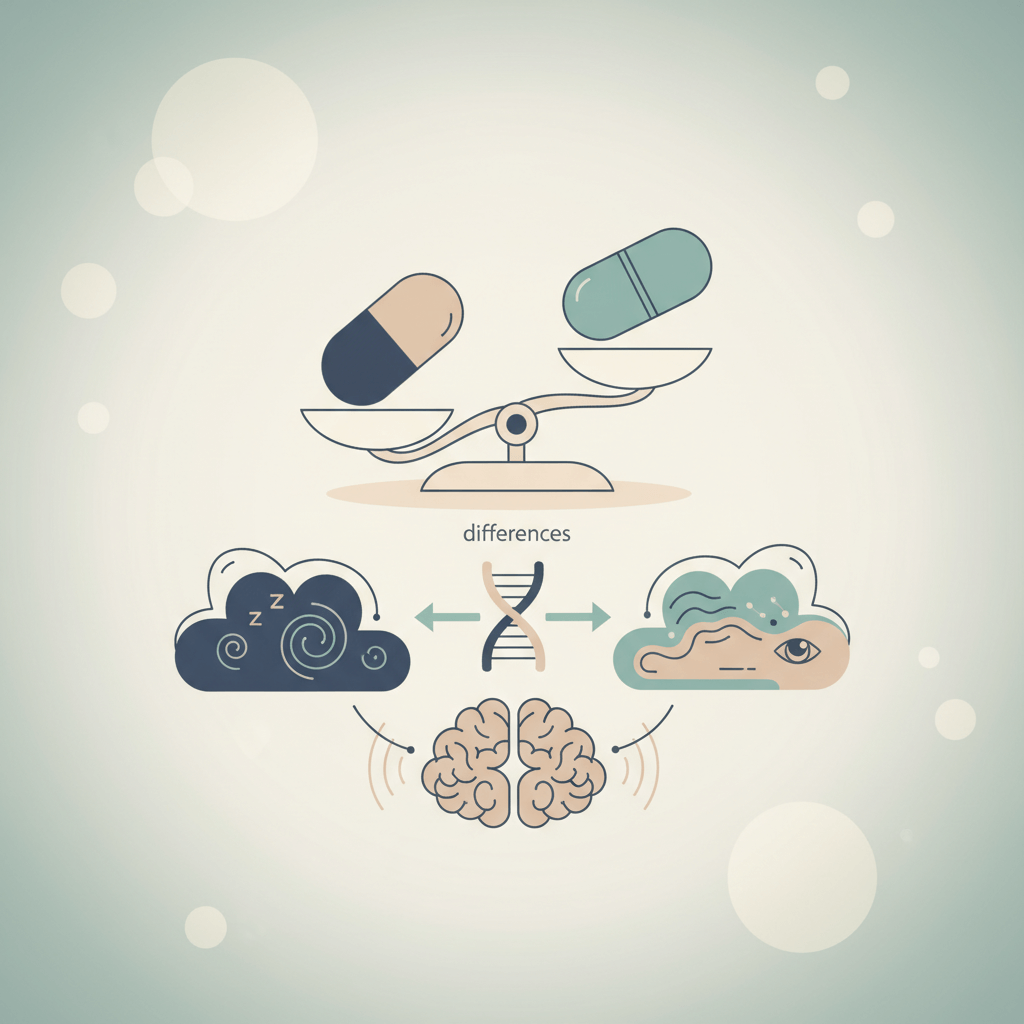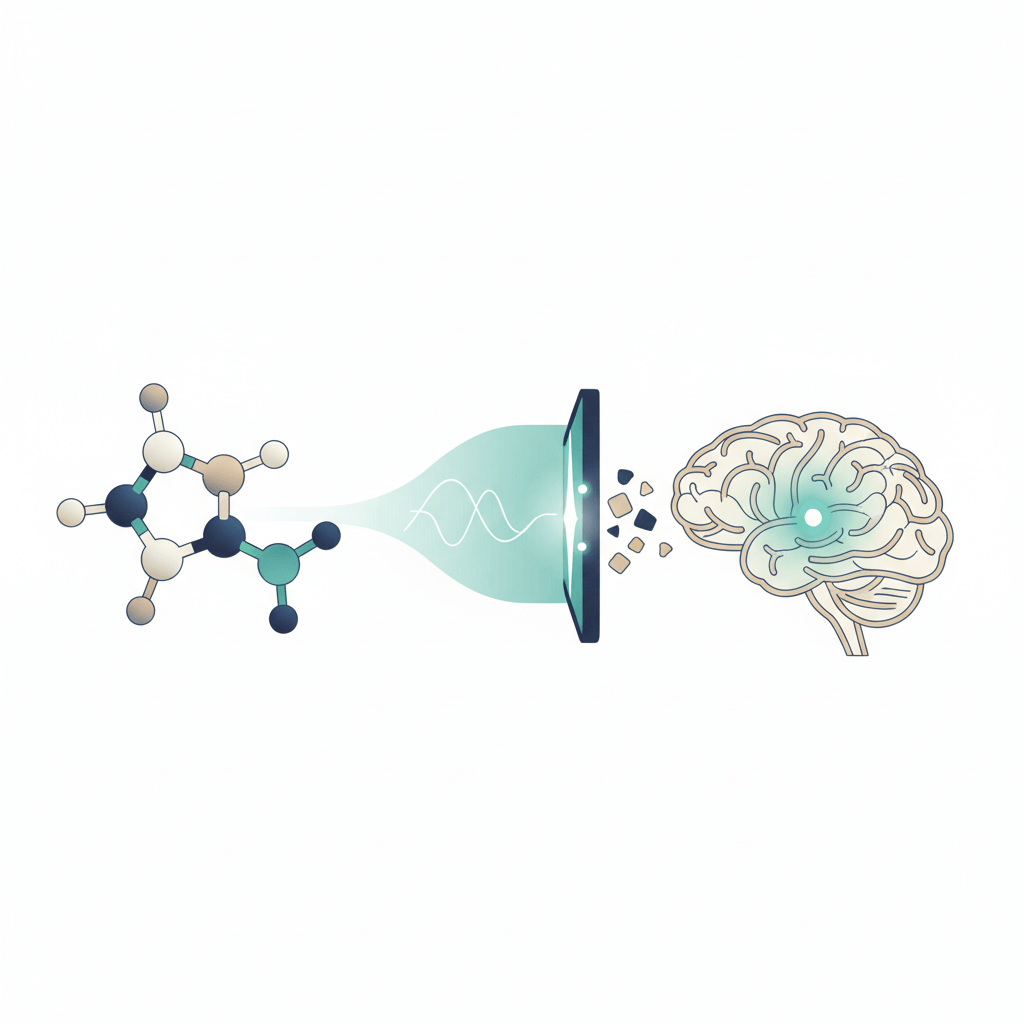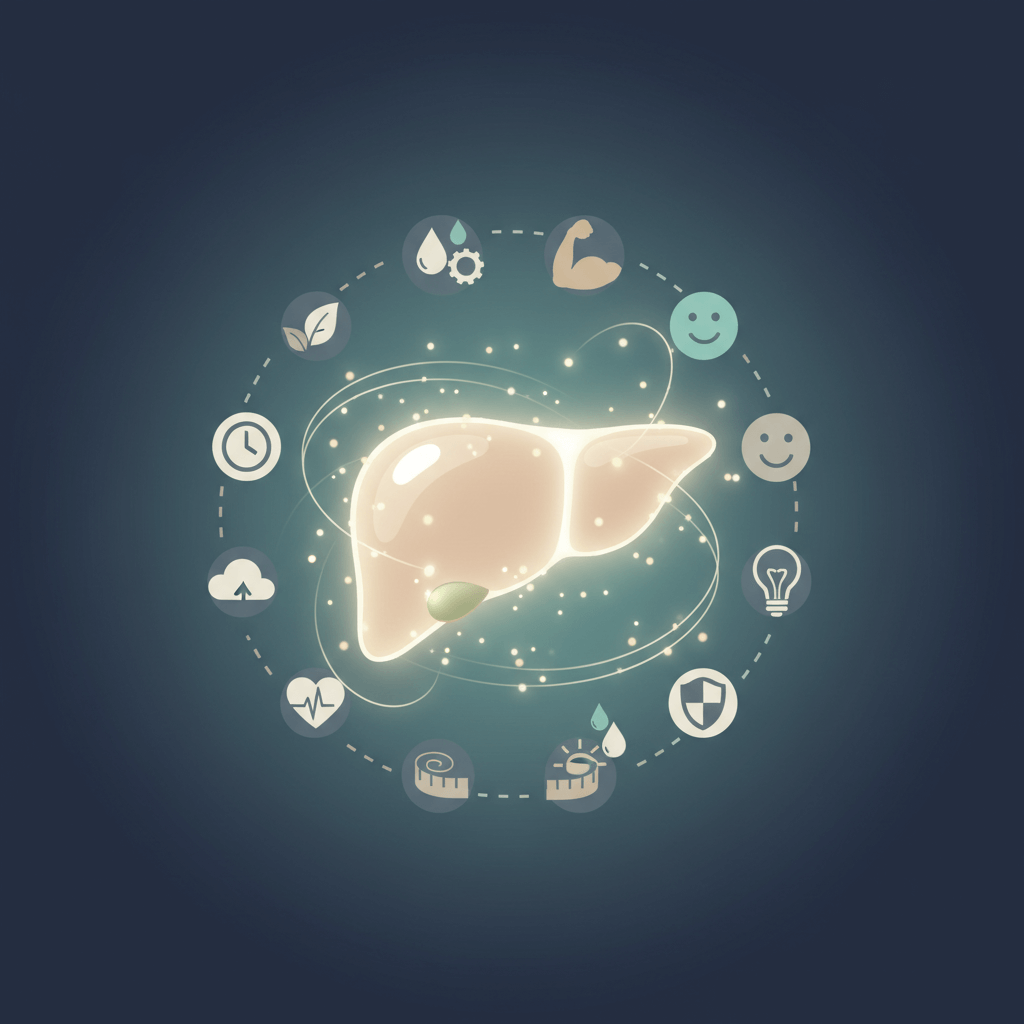Understanding Alcohol Addiction
Alcohol addiction is a complex issue that can have significant impacts on both physical and mental health. It is important to recognize the consequences of alcohol addiction in order to understand the need for effective strategies and support systems to overcome it.
Impact on Health
Excessive and prolonged alcohol consumption can lead to serious health problems. The National Institute on Drug Abuse highlights that long-term alcohol use can contribute to lung or heart disease, stroke, cancer, and mental health conditions. Imaging scans, chest X-rays, and blood tests can reveal the damaging effects of alcohol on the body.
Alcohol addiction is a brain disease, as defined by the American Society of Addiction Medicine (ASAM), characterized by cravings, an inability to abstain from alcohol, dysfunctional emotional responses, and a loss of behavioral control. It affects approximately one out of every 12 American adults [2].
Co-Occurrence with Mental Health Disorders
Addiction and mental health disorders often co-occur, with a significant overlap between the two. According to the American Addiction Centers, between a third to half of individuals with mental health disorders also struggle with addiction, and vice versa. It is important to recognize that addiction and mental health disorders can influence and exacerbate each other.
Mental health conditions such as anxiety, depression, or schizophrenia can precede addiction, and drug or alcohol use can trigger or worsen mental health conditions, especially in individuals with specific vulnerabilities. Therefore, it is crucial to address both addiction and mental health issues simultaneously during the recovery process.
Understanding the impact of alcohol addiction on health and its association with mental health disorders is essential in developing effective treatment and support systems. If you or someone you know is struggling with alcohol addiction, seeking professional help from alcohol detox programs and alcohol abuse treatment facilities can provide the necessary support and guidance on the journey to recovery.
Effects of Heavy Drinking
Heavy drinking can have significant consequences on both physical health and mental well-being. Understanding these effects is an important step in recognizing the need to wean oneself off alcohol.
Physical Health Consequences
Excessive alcohol consumption can lead to a range of physical health issues. One of the primary organs affected by heavy drinking is the liver. Prolonged alcohol abuse can result in liver damage, including cirrhosis and alcoholic fatty liver disease, which impair liver function.
The cardiovascular system is also vulnerable to the effects of heavy drinking. Chronic alcohol abuse is associated with an increased risk of heart disease. It can lead to difficulties in pumping blood to the heart and a higher likelihood of dying from heart disease.
Additionally, long-term alcohol abuse can have various detrimental effects on overall physical health. It is linked to an increased risk of several types of cancer, including those affecting the mouth, throat, liver, breast, and intestines. Other potential consequences include seizures, gout, infections, digestive problems, and sleep disturbances.
Mental Health Implications
The impact of heavy drinking extends beyond physical health and can significantly affect mental well-being. Alcohol abuse can alter brain function, leading to cognitive impairments, memory difficulties, and poor decision-making. It may also contribute to mental health issues such as depression and dementia. Furthermore, long-term alcohol abuse can cause nerve damage, resulting in symptoms such as numbness, tingling, and weakness.
Uncontrollable drinking can lead to alcohol use disorder (AUD), a chronic relapsing condition. AUD negatively affects socioeconomic status, occupational performance, and overall health. It can strain relationships and impede daily functioning. Seeking treatment and support is crucial for individuals struggling with AUD.
Recognizing the physical and mental health consequences of heavy drinking is an essential step in the journey toward reducing or eliminating alcohol consumption. If you or someone you know is struggling with alcohol abuse, it is important to seek professional help and explore treatment options such as alcohol detox programs and alcohol abuse treatment.
Alcohol Withdrawal Symptoms
When someone decides to wean themselves off alcohol, it's important to be aware of the potential withdrawal symptoms that may arise. Alcohol withdrawal symptoms can vary in severity and duration, depending on the individual's level of alcohol dependence and other factors. In this section, we will discuss the timeline of symptoms and the potential complications that may arise during alcohol withdrawal.
Timeline of Symptoms
Alcohol withdrawal symptoms can begin as early as 6 hours after the last drink, with mild symptoms such as anxiety, insomnia, and nausea commonly experienced. As time progresses, more severe symptoms may emerge. Here is a general timeline of alcohol withdrawal symptoms:
Time Since Last Drink and Symptoms
6-12 hours: Anxiety, insomnia, nausea, palpitations
12-48 hours: Delirium tremens (DTs), hallucinations, seizures
48-72 hours: Delirium tremens (DTs) - severe symptoms including vivid hallucinations and delusions (experienced by approximately 5% of people with alcohol withdrawal)
It's important to note that the timeline and severity of symptoms can vary from person to person. If you're experiencing alcohol withdrawal symptoms, it's essential to seek medical care for proper evaluation and guidance.
Severity and Potential Complications
The severity of alcohol withdrawal symptoms can range from mild discomfort to life-threatening conditions such as delirium tremens (DTs). Mild symptoms are generally manageable in a supportive environment, but if symptoms worsen or become severe, it's crucial to seek medical care immediately.
Delirium tremens (DTs) is a severe form of alcohol withdrawal that usually occurs between 48-72 hours after the last drink. Symptoms of DTs can include vivid hallucinations, delusions, severe confusion, and changes in heart rate and blood pressure. Although DTs are relatively rare and only affect around 5% of people experiencing alcohol withdrawal, they can be life-threatening and require immediate medical attention.
If you or someone you know experiences symptoms such as seizures, hallucinations, significant changes in vital signs, or other severe complications, it is essential to seek medical care promptly. In such cases, medical professionals may recommend inpatient care and treatment options, including medications like benzodiazepines, anti-seizure medications, and antipsychotics.
It's important to remember that treating alcohol withdrawal symptoms is a short-term solution and does not address the underlying problem of alcohol abuse or dependence. If you're seeking to overcome alcohol addiction, it is advisable to discuss treatment options with a doctor or healthcare professional to receive comprehensive guidance and support.
Understanding the timeline and potential complications of alcohol withdrawal symptoms can help individuals better prepare for the challenges they may face when weaning themselves off alcohol. Seeking professional help and creating a supportive environment are crucial steps in safely managing the withdrawal process and achieving long-term recovery. For information on alcohol detox programs and treatment options, visit our article on alcohol abuse treatment.
Strategies for Reducing Alcohol Consumption
Reducing or quitting alcohol consumption can be a challenging process, but with the right strategies, it is possible to take control and make positive changes. Here are two effective strategies for gradually reducing alcohol consumption:
Establishing Safe Drinking Limits
One of the first steps in reducing alcohol consumption is to establish safe drinking limits. It is important to be aware of the recommended guidelines for moderate drinking. According to WebMD, heavy drinking is defined as more than 4 drinks a day for men, or 14-15 drinks per week, and more than 3 drinks a day for women, or 7-8 drinks per week.
Setting personal limits within these guidelines can help individuals monitor and control their alcohol intake. It is essential to keep track of the number of drinks consumed and stay within the defined limits. This may involve planning alcohol-free days during the week or reducing the number of drinks consumed per occasion.
By establishing safe drinking limits, individuals can gradually reduce their alcohol consumption and make progress towards healthier habits. For those who have a drinking problem, it is often recommended to consult with a doctor to determine whether complete abstinence from alcohol is the safest approach.
Identifying Triggers and Temptations
Identifying triggers and temptations is another crucial strategy for reducing alcohol consumption. Triggers are situations, emotions, or behaviors that can lead to the urge to drink. By recognizing these triggers, individuals can develop strategies to avoid or cope with them effectively.
Common triggers may include social gatherings, stress, boredom, or certain locations. It is important to be mindful of these triggers and plan alternative activities or coping mechanisms. For example, if socializing with friends at a bar is a trigger, consider meeting in a different environment or engaging in non-alcohol-related activities.
Self-reflection and self-awareness play a vital role in identifying triggers. Keeping a journal or using a mobile app to track thoughts and emotions related to alcohol can be helpful in understanding patterns and identifying potential triggers.
In addition to identifying triggers, it is important to recognize and avoid tempting situations. This may involve removing alcohol from the home, avoiding places where alcohol is readily available, or seeking out alcohol-free social activities. Creating a supportive environment that encourages sobriety can greatly contribute to reducing alcohol consumption.
By establishing safe drinking limits and identifying triggers and temptations, individuals can take proactive steps towards reducing their alcohol consumption. However, it is important to note that for individuals with severe alcohol addiction, seeking professional help, such as alcohol detox programs or alcohol abuse treatment, may be necessary for a successful recovery.
Support Systems for Recovery
When it comes to overcoming alcohol addiction, having a strong support system is crucial for successful recovery. Two important components of support systems for individuals seeking to wean themselves off alcohol are peer support and support groups.
Importance of Peer Support
Peer support plays a vital role in the journey of alcohol recovery. Connecting with others who have gone through similar experiences can provide a sense of community, understanding, and encouragement. By sharing their stories and offering empathy, peers can help individuals fight against alcoholism and maintain their sobriety.
Support groups for alcoholics, such as Alcoholics Anonymous (AA), offer a confidential and non-judgmental environment where individuals can openly discuss their struggles and achievements. The anonymity provided by these groups allows individuals to feel safe and protected, which in turn helps build trust and openness among the participants.
Listening to peers' experiences with alcohol abuse can be inspiring and instill a sense of hope. Hearing success stories and witnessing the progress made by others can give individuals the confidence and motivation to continue their own journey toward sobriety.
Role of Support Groups
Support groups for alcoholics, such as Alcoholics Anonymous, offer various programs to help individuals achieve and maintain sobriety. One commonly used program is the Twelve-step facilitation therapy, also known as the 12-step program. This program assigns a sponsor to guide members through the steps, providing support and accountability along the way [4].
Research has shown a correlation between participation in support groups like Alcoholics Anonymous and reduced drinking and cravings. While it can be challenging for researchers to determine the exact impact of recovery support groups due to the combination of peer support with other interventions, such as psychotherapy, attending these groups consistently can greatly contribute to a person's recovery.
Regular attendance is a crucial factor in the effectiveness of peer support groups for alcohol addiction. People who attend meetings frequently and consistently tend to experience better results compared to those who only attend occasionally. The support, guidance, and accountability provided by peers can make a significant difference in an individual's recovery journey [7].
By engaging in peer support and actively participating in support groups, individuals can strengthen their resolve, gain valuable insights, and develop coping strategies to maintain sobriety. These support systems provide a sense of belonging, understanding, and encouragement, ultimately helping individuals on their path to recovery.
If you or someone you know is struggling with alcohol addiction, consider reaching out to local support groups or seeking professional help from alcohol detox programs and alcohol abuse treatment facilities. Remember, you don't have to face this journey alone – support is available to guide you toward a healthier, alcohol-free life.
Seeking Professional Help
For individuals looking to wean themselves off alcohol, seeking professional help can be a crucial step towards a successful recovery. Professional assistance provides guidance, support, and medical supervision throughout the process. In this section, we will explore two important aspects of seeking professional help: medical supervision for withdrawal and referrals to treatment options.
Medical Supervision for Withdrawal
When it comes to alcohol withdrawal, it's important to recognize that the process can be challenging and potentially dangerous. While some individuals may be able to manage withdrawal symptoms in a supportive environment, others may require medical supervision, especially if they have experienced severe withdrawals in the past.
If you or someone you know experiences symptoms such as seizures, hallucinations, or significant changes in vital signs, seeking immediate medical care is strongly advised. In such cases, inpatient care may be necessary to ensure the individual's safety and provide appropriate medical interventions. Medications such as benzodiazepines, anti-seizure medications, and antipsychotics may be administered as part of the treatment plan.
It's important to remember that medical supervision for withdrawal is primarily a short-term solution that focuses on managing the immediate symptoms. To address the core problem of alcohol abuse or dependence, it is advisable to discuss treatment options for alcohol abuse or dependence with a healthcare professional. This will provide an opportunity to receive guidance on stopping drinking and address the underlying issues that contribute to alcohol misuse.
Referrals to Treatment Options
When seeking professional help for alcohol addiction, healthcare professionals can provide valuable information and referrals to various treatment options. These options may include outpatient programs, inpatient rehabilitation centers, or specialized alcohol detox programs. The choice of treatment will depend on the individual's unique circumstances, the severity of their alcohol addiction, and any co-occurring mental health disorders.
In outpatient programs, individuals receive counseling and support while living at home and continuing with their daily activities. This option is suitable for those with mild-to-moderate alcohol withdrawal symptoms who can maintain a stable living situation and avoid unhealthy alcohol use.
For individuals with moderate-to-severe alcohol withdrawal symptoms or those who require a more structured environment, inpatient treatment in a hospital or specialized facility may be recommended. Inpatient programs provide close monitoring, medical care, and intensive therapy to support individuals through the initial stages of recovery.
It's important to consult with a healthcare professional who specializes in addiction medicine or a primary care provider to discuss the available treatment options and determine the most appropriate course of action. They can guide you towards the resources and programs that best suit your needs and provide ongoing support throughout your recovery journey.
Remember, seeking professional help is a sign of strength and a proactive step towards overcoming alcohol addiction. With the right support and guidance, you can embark on a path towards a healthier and alcohol-free life.
References
- [1]: https://nida.nih.gov/publications
- [2]: https://americanaddictioncenters.org
- [3]: https://www.webmd.com/mental-health/addiction
- [4]: https://www.webmd.com/mental-health/addiction/what-to-know-about-support-groups-for-alcoholics
- [5]: https://www.webmd.com/mental-health/addiction/alcohol-withdrawal-symptoms-treatments
- [6]: https://medlineplus.gov/ency/article
- [7]: https://www.helpguide.org/articles/addictions/aa-and-other-peer-support-groups-for-alcohol-addiction.htm
- [8]: /alcohol-detox-programs













